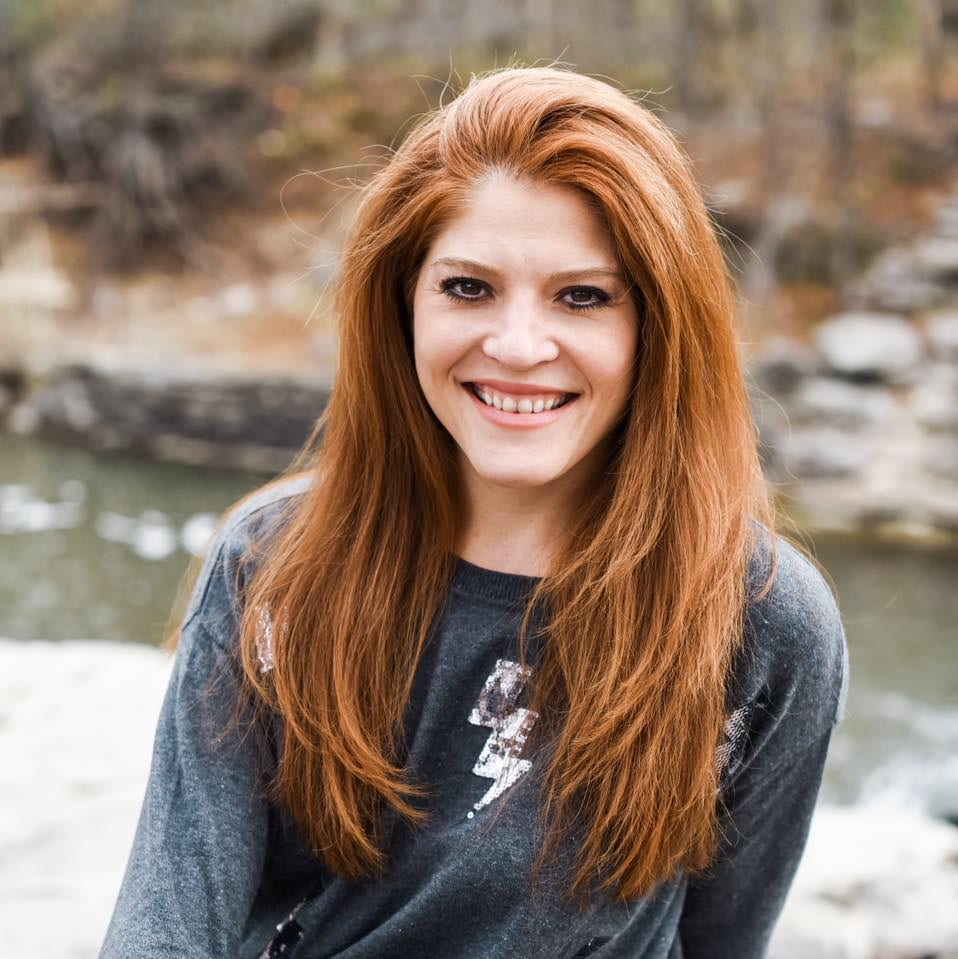The following interviews, conducted by Avery Alexander, seek to understand:
- If these creative entrepreneurs sought capital in starting their organization
- What ways they may have done so, if applicable
- What advice they have for aspiring creative entrepreneurs.
This interview process is part of SMU Meadows’ class Creative Entrepreneurship and Attracting Capital.
Zebretta Johnson (Schooling Talent) 
Have you sought funding for your organization?
We did not seek funding for the profit side. Usually, when funding is given, it is out of the heart or interest of the person/giver, or through private investors.
In what ways have you sought funding for your organization? If you have not, how were you able to grow without outside capital?
Through a strategic marketing plan, private investors, events and branding the business. You must be strategic with how you present your company and make sure it is geared towards your clients. We put on small showcase events with a small fundraising aspect to it.
What funding pursuits OR self-generated efforts have proved most effective and why?
Word-of-mouth, along with personal and business relationships. The network and clientele grows once the word gets around. The more people that know about your company, the more they want to invest and commit to it. Also, building a team and collaborating with other businesses, known and unknown. It all ties back to brand awareness.
What three pieces of advice do you have for aspiring arts and creative entrepreneurs, regarding raising funds?
First, you need to know your brand. Build relationships with clientele and other businesses. Keep overhead low, meaning things that are in your budget allow you to gain without getting hurt.
Alysia Johnson (Emerging Dancers of Dallas) 
Have you sought funding for your organization?
Yes. When I first started EDD I was in college and we had an entrepreneurial grant you could apply for. I applied for that to get a little seed money for the organization. Also, a lot of it was crowdfunding and through clients that I have been building up for a long time, like teaching or choreographing for. But most funding comes from a few grants, mostly from Julliard.
In what ways have you sought funding for your organization? If you have not, how were you able to grow without outside capital?
For each year that we’ve done something, there had to be a little bit of fundraising. We are a little bit newer and we are nonprofit, so we are not making a bunch of money. Each year I did private crowdfunding, so essentially like a Go Fund Me or Kickstarter. I just did something through my own website and sent it out to the kids and parents who had been there the years before, or even like high schools and other businesses and other nonprofits. Also, what really helped was bartering and asking. For instance, I asked Bruce Wood if I could use their space, expecting them to tell me “Yes but you have to pay for it”. But a lot of the time no one charged me. Then I applied for the Julliard grant every year that I was there.
What funding pursuits OR self-generated efforts have proved most effective and why?
I’ve realized that people will go somewhere if they have someone to go with. So, I’ve been attaching deals to events, like if you bring one person you get a discounted entry for the both of you. Or maybe like a whole discounted family price if they bring their kids to see a show. Or even signing up two people in a household for an intensive. Honestly, going in my own backyard and not being afraid to ask. When I ask, I don’t say, “Hey I need money for this little project”, but I actually send them my entire proposal because they’ll look at whatever they want to see. And give them more information that what they thought they wanted or needed.
What three pieces of advice do you have for aspiring arts and creative entrepreneurs, regarding raising funds?
Deadlines are important, so set those. Deadlines can be goals and they don’t have to be fixated in any kind of way. At least the deadlines can be for other people, that way you know you have this extra time on your hands if you need to either cover up some things or even just figure things out. So set deadlines for yourself, your business, and your projects. It’s always possible and nothing is too crazy, because there is really no meter for what we do as artists. Everything has probably been done before, so you just need to take it and go with it. If you think something is crazy; there’s always a possibility and there’s always people who want to see it and be a part of it. And that’s what I think the success is, just doing it and not trying to be some five-star situation from the start. Don’t be afraid to ask for help. That’s something that I’m still learning. It’s hard for me to delegate and trust people with my ideas, like whether or not they are going to stay true to them or fulfill them. But I have been learning to delegate and learning to trust people with the money, ideas, curriculum, and things like that. It’s a process. You really can’t do it alone, and you shouldn’t have to, and it’s more fun (at times)! It could just be sending an email to a mentor to get advice on something that you have no idea about. It can be big or little questions. Everything is worth being thought about.
Lindsay DiGiuseppe (Contemporary Ballet Dallas) 
Have you sought funding for your organization?
We never sought funding for the school, just for the company. When I started the business, I got a loan to start the school. The school wasn’t established under the company, which is why it is not a non-profit organization.
In what ways have you sought funding for your organization? If you have not, how were you able to grow without outside capital?
The first initial loan and then another loan when we moved the studio. The first time we received the loan it was from an organization that was for small businesses. The second was a bank loan. In the case of running a school, most of the funds come in from youth tuition and adults coming in for drop-in classes. In terms of the nonprofit company, they applied for grants from the city and different organizations. When you’re starting a business, you usually have to get a loan and it can be difficult figuring out how to get one. It is important if you have good personal credit to get a loan to start a business.
What funding pursuits OR self-generated efforts have proved most effective and why?
We’ve done different events to raise money, like our father-daughter dance and youth ensemble fundraiser for their later show. We’ve also done different fundraisers where the students sold items to raise money for shows, costumes, and things of that nature. One year we did bags and another year we did first aid kits.
What three pieces of advice do you have for aspiring arts and creative entrepreneurs, regarding raising funds?
You need to be resourceful and figure out who your audience is. That helps you understand how to raise funds, too. Also, collaborating with different organizations helps to produce shows. Be careful where you spend your money, like weighing the different options for venues. With a show, for instance, you can always use different organizations and who you know to collaborate with and borrow costumes from for example. This is so you won’t have all the expenses for putting on a show. Make a budget and a business plan to figure out what you are doing. Following it is important even though you may have to adjust it as you go along because things do tend to change quickly.
Based on my findings, I now understand that planning, building relationships and collaborating, and being bold are very important factors to running your business. By interviewing entrepreneurs of different sized businesses, I feel like I got well-rounded view on starting a creative arts business. Having a plan for funding, the team, and the brand is something that is needed so that things stay in order. To really see a business take off you have to just go for it. It doesn’t have to be perfect right away and it can be fixed as you go along. Using what you know and who you know help achieve the vision for my project. Being vulnerable and getting help when needed can definitely help, versus struggling to do it alone. The resources are available whether they are financial, creative, management, etc. — Avery Alexander




